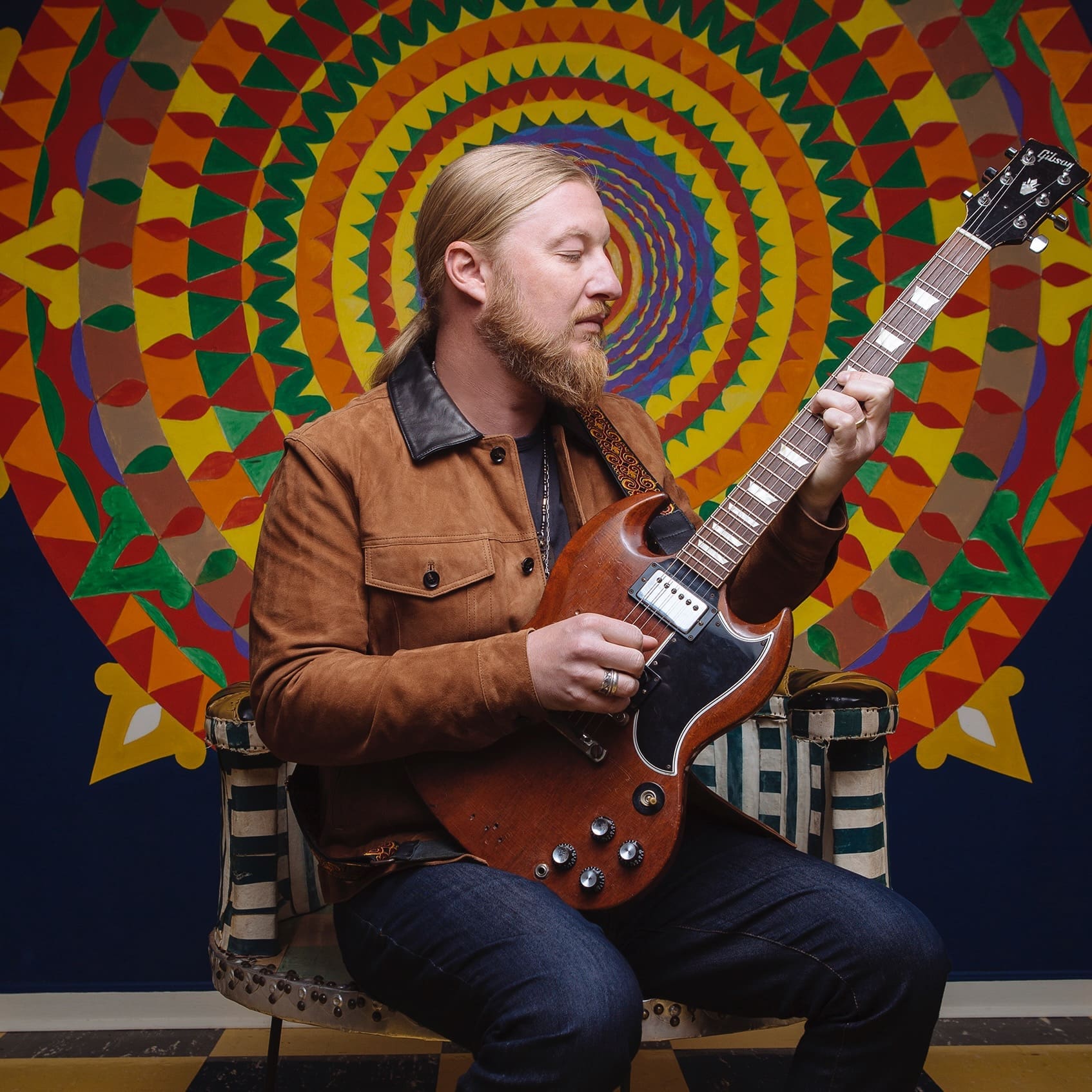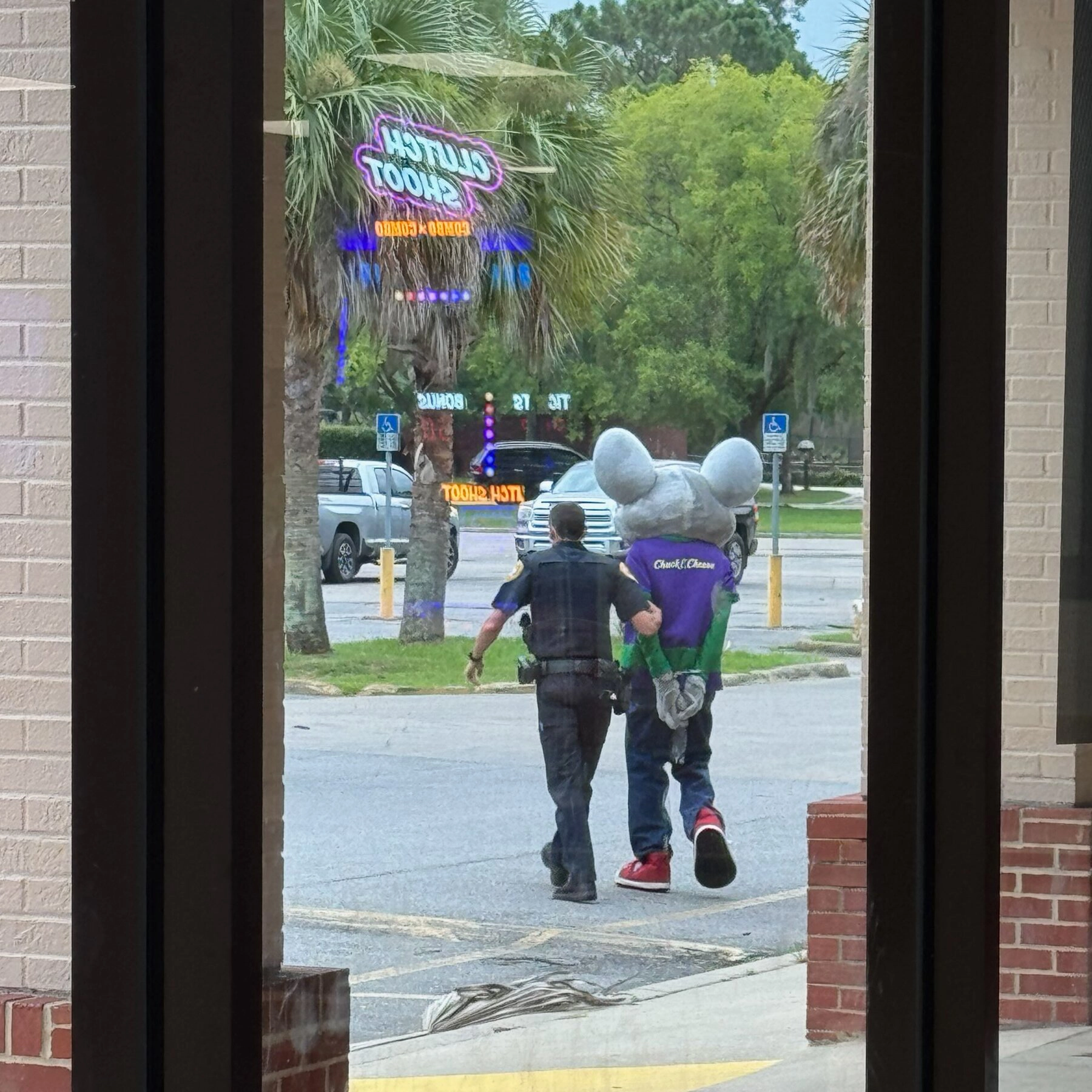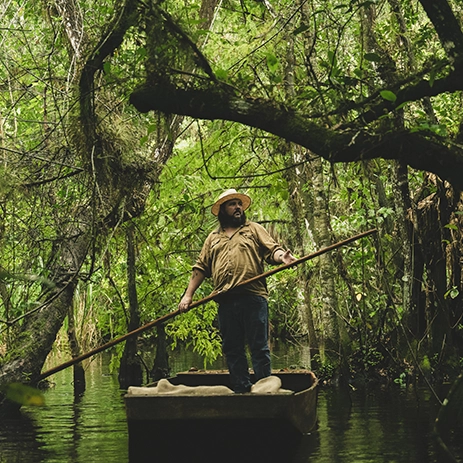by | November 6, 2025
J.C. Newman Cigar Co. Is the Last Hand-Rolling Cigar Factory in the United States
Celebrate 140 years of Cigar City with a hand-rolled Tampa stogie and a peek inside the last factory keeping this Florida tradition alive.
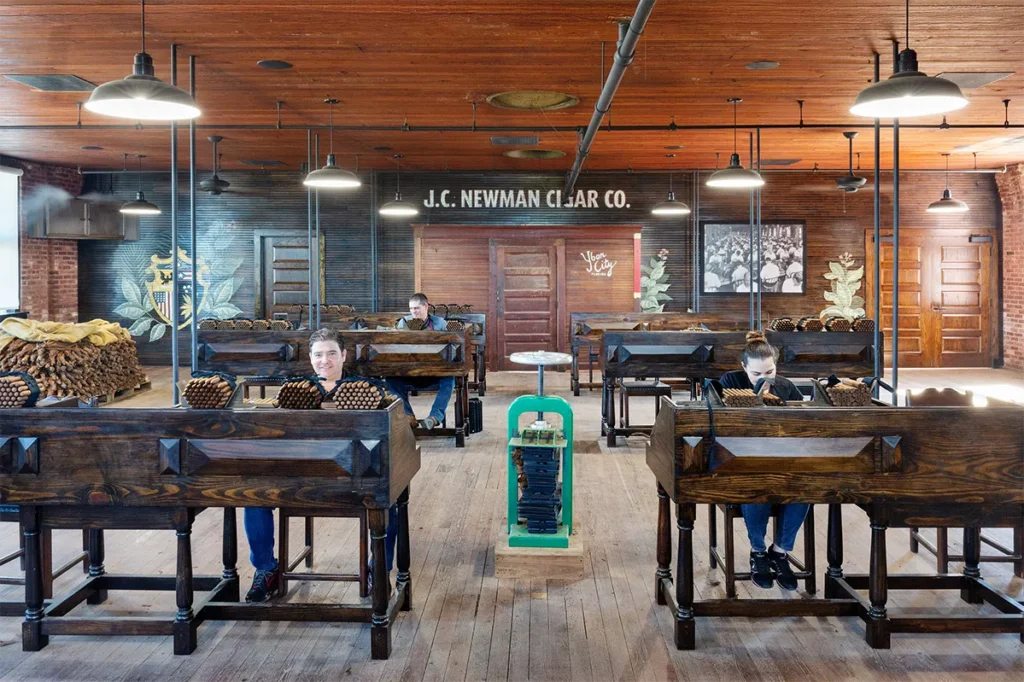
Before Vicente Martinez Ybor came along, Tampa was an easily overlooked dot on the map. Nowheresville. But it had a port, and it was connected to the nation’s railroad matrix. Ybor could work with that. In 1885, the Spanish businessman bought 40 acres in Tampa as the new home of his cigar empire—previously anchored in Cuba and Key West. New factories, owned by Ybor and other tobacco kings, were manned by a surge of Cuban, Spanish and Italian workers who formed a new community built around cigar-making: Ybor City.
As Ybor City prepares to celebrate its 140th anniversary, the once-thriving industry that boasted more than 200 factories at its 1920s peak is down to one: J.C. Newman Cigar Co. The company’s historic factory is the last of its kind still operating in the United States. The business, first established in Ohio in 1895, has been owned for four generations by the Newman family. It has survived the changes and crises that killed off most cigar manufacturing in America: the Great Depression, World War II, the 1962 embargo on Cuba and high labor costs.
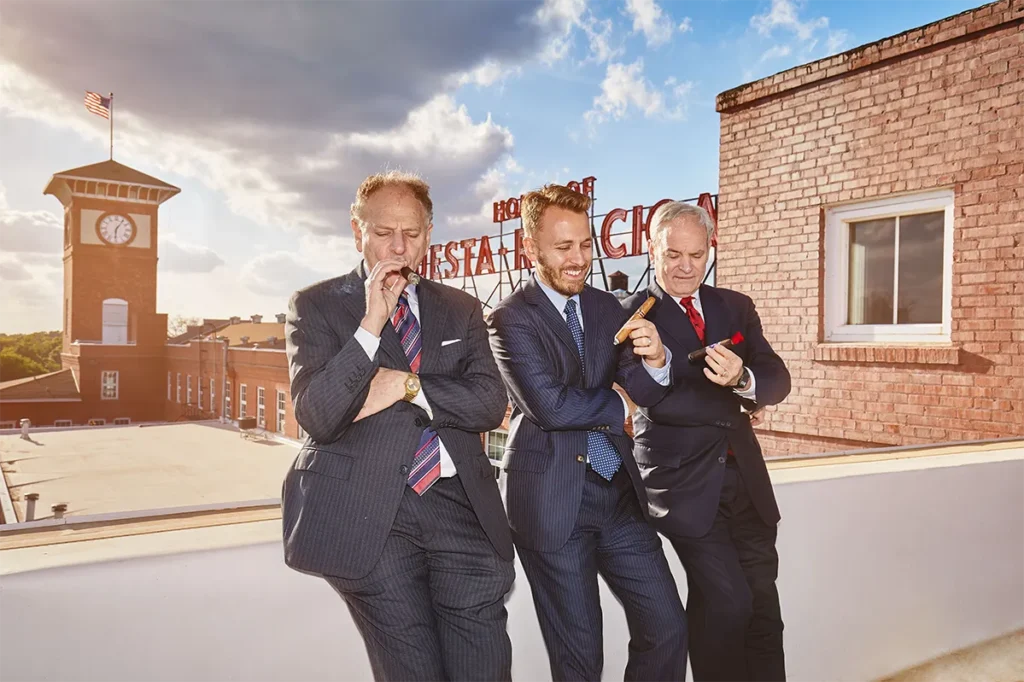
“When my great-grandfather started our company there were 40,000 licensed cigar manufacturers in the United States,” owner Drew Newman says. “Every town, every city, every village had its own breweries, its own bakeries, its own distilleries, its own cigar factories. They were very, very common, all found throughout the country, and we’re the last one of those left now.”
Fans can still find hand-rolled cigars in retail shops, but nothing on the scale or quality that the 115-year-old factory—known as El Reloj, for its giant clock—can produce. That’s 60,000 cigars a day, rolled by hand or using hand-operated vintage machinery, with names such as Tampa Trolleys, The American and El Reloj, the company’s signature roll.
Five years ago, to mark the company’s 125th anniversary, the building was restored and opened to the public. It now draws 20,000 visitors annually for tours, cigar-rolling classes and other events, and features a museum, theater and factory store.
Newman looks forward to the 2026 completion of an $18 million redevelopment of the adjacent Sanchez y Haya building, a historic site that once served as a restaurant and boarding house for workers. In Newman’s vision, it will come full circle—once again offering hospitality with a restaurant and cigar lounge, of course, but this time for tourists.
“We’re in the process of restoring it to the way it was 115 years ago,” he says. “It will help us continue to tell the Tampa cigar story. It’s going to be … a great way to continue celebrating Tampa’s legacy as Cigar City.”
Find more stories about Old Florida here.
About the Author
Steve, a Tallahassee native and Flamingo contributor since 2017, has written about film, music, art and other popular culture for publications including The Wall Street Journal, The Washington Post, the Atlanta-Journal Constitution, GQ, and The Los Angeles Times. He is the artistic director for the Tallahassee Film Festival and writes a monthly film newsletter for Flamingo, Dollar Matinee.

